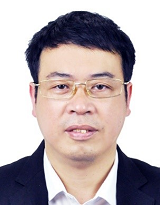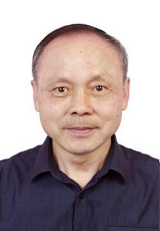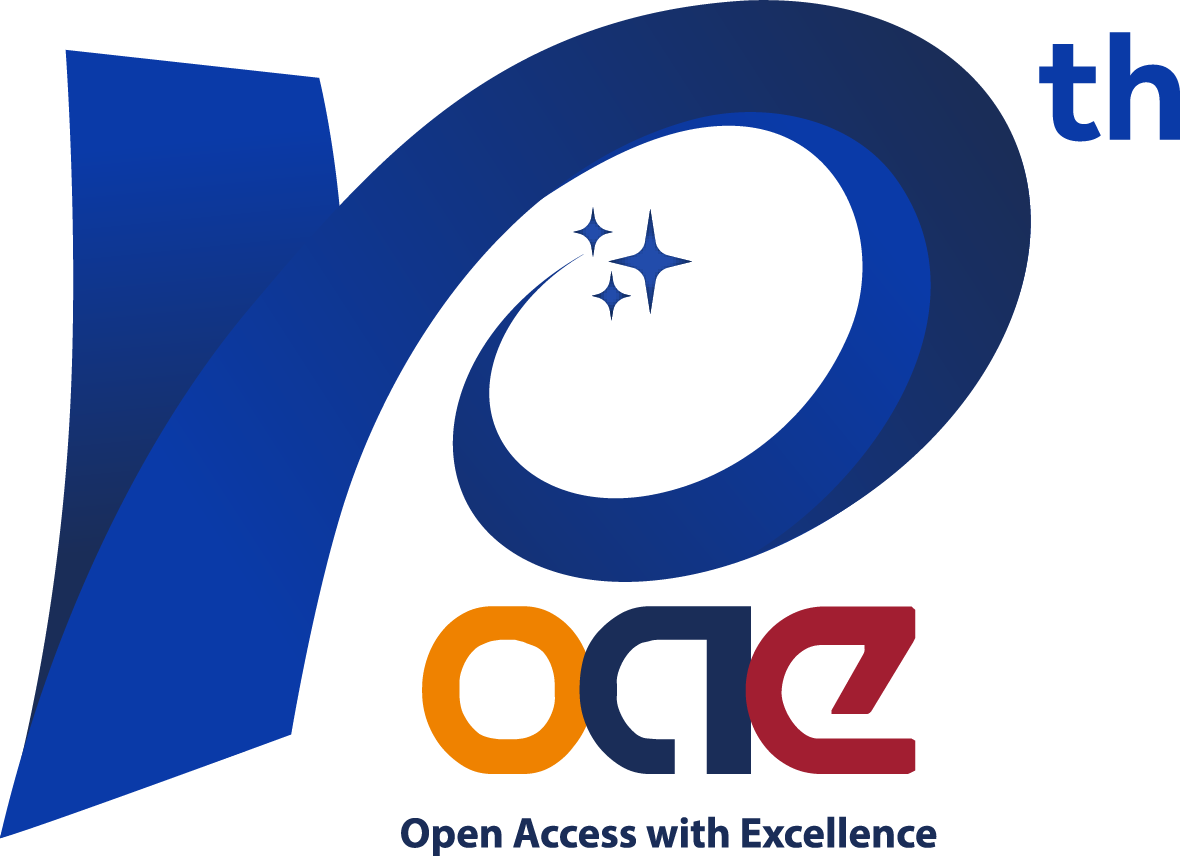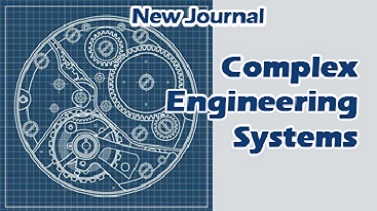Great News: A New Journal Energy Materials Officially Released Online
On May 14, 2021, the new journal Energy Materials was officially released online. Energy Materials is an interdisciplinary international open access, online journal dedicated to communicating the recent progress related to materials science and engineering in the field of energy conversion and storage. The journal publishes Articles, Communications, Mini/Reviews and Perspectives with original research works focusing on the challenges of sustainable energy for the future.
Scope
Energy Materials has a broad scope of energy research spanning fundamental scientific study, technological advancement, insightful materials characterization, instructive theoretical study, and impactful energy-based data analysis. The studies and analysis in terms of developing edge-cutting materials, synthetic methods, and fundamental theories will be given preference. The journal welcomes all scales of works linked to the nexus of energy conversion and storage with attractive readership in the international research community.
Research topics include, but are not limited to:
Batteries and supercapacitors;
Fuel cells;
Solar cells;
Solar fuels and thermosolar power;
Hydrogen generation and storage;
Advanced material characterization techniques;
Hydrocarbon conversion and storage;
Inorganic and organic photovoltaics;
Thermoelectric materials;
Nanocomposite dielectrics for energy storage;
Bioenergy and biofuels;
Regional or global energy analysis;
The Editorial Board of Energy Materials is comprised of 24 outstanding scholars, all led by Dr. Yuping Wu and Dr. Bin Zhu, who are well-experienced and specialized in the related field.

Editor-in-Chief
Nanjing Tech University, China.
Yuping Wu got Ph. D. degree from Institute of Chemistry, Chinese Academy of Science, Beijing, China in 1997. Then he moved to Tsinghua University, Beijing, for postdoctor research. From 1999 to 2001, he stayed in Waseda University, Tokyo, Japan as a visiting JST researcher. From 2001 to 2003, he stayed in Chemnitz University of Technology, Chemnitz, Germany as a Humboldt Fellow. In 2003, he returned to China as a full professor in Department of Chemistry, Fudan University, Shanghai, China. In 2015 He moved to Nanjing Tech University as a Distinguished Professor. He has published more than 350 papers in top journals such as Chem. Soc. Rev., Prog. Mater. Sci., Energ. Environ. Sci., Adv. Energ. Mater., Adv. Mater., Nano Energy, J. Mater. Chem. A with an H-index of 78, and 8 books as main author with global sale above 40,000 copies. In 2014 he won “National Distinguished Youth Scientists” from Natural Science Foundation of China. During 2015-2018 and in 2020, he was selected as highly cited researchers over the world by Thomson Reuters/Clarivate Analytics, and won the World's Most Influential Minds (2015) by Thomson Reuters. His current research interests lie in the energy storage/conversion materials and devices such as lithium ion batteries, supercapacitors, aqueous rechargeable lithium batteries, metal-based aqueous batteries, etc.

Co-Editor-in-Chief
Southeast University, Nanjing, China.
Bin Zhu got Ph. D. degree from Department of Physics, Chalmers University of Technology (Chalmers), Sweden in 1995, and then two-year postdoc in Uppsala University, Agnstrom Lab., Sweden. After he moved to Royal Institute of Technology (KTH) from 1998 as a senior researcher and 1999, associated professor for PhD superviser. He was the principal investigator and group leader for fuel cell research and development. In the first ten-year period, 1998-2007, he was in Department of Chemical energineering and technology focusing on low temperature solid oxide fuel cell (LTSOFC) materials, tehcnology and devices, and in the second ten-year period in Department of Energy Technology focusing on LTSOFC device, stack to system and polygeneration tehcnologies combined solar cell and electrolysis and sustainable resources, e.g. biomass and bio-fuels. In 2013, based on a research breakthrough of single layer electrolyte-free fuel cell, he was selected by Hubei provincial 100-overseas talents program to establish and lead research team in Hubei University, and then extended to China Unvieristy of Geoscience (Wuhan). From 2019 till now, he serves as a lecturer professor in Xi’an Jiaotong Univeristy and from 2020 till now, a chief scientisit, professor in Southeast University. He has published about 400 SCI papers such as Energ. Environ. Sci., Adv. Mater. Adv. Energ. Mater., Adv. Funct. Mater., Nano Energy, ACS Energy Letts., Nature Commune., Nano-Micro Letts, J. Mater. Chem. A, J. Power Sources, Appl. Energy, etc., with an H-index of 59 (citations over 14000), and 1 book of SOFC as main author and main editor published in 2020, Whily. Besides, he has been involved in high tech. SOFC companies for SOFCs more than 10 years being responsible for technological developments. In 2018 together with Prof. Peter Lund, Aalto Unvieristy as the recipient of 2018 WSSET (World Society of Sustainable Energy Technologies) Innovation award for Power Generation. He is one of the Most Cited Scholars in China (Energy sector, Elsevier) every year since 2014. His current research interests lie in the energy conversion, especially next generation LTSOFC, PCFC (proton ceramic fuel cell), and joint fuel cell and solar fuel or battery science and technology based on semiconductor-ionics and semiconductor electrochemistry, where electron-ion coupling enhanced ionic transport, multi-charge transfer and super proton transport processes, surficial and interfacial superionic conduction, nano-redox process and nano-redox devices for high ion flux energy devices and applications.
Energy Materials is ready for accepting papers now, and papers will be reviewed within two-five weeks and published online immediately after accepted. If you wish to submit your article, please click: https://www.oaecenter.com/login?JournalId=energymater
OAE Publishing Inc. highly appreciates Professor Wu and Professor Zhu’ support and the Editorial Office of the Energy Materials will work jointly to create a high-level journal with international influence. We believe that with the joint efforts of Editors-in-Chief and all members of the Editorial Board and the Editorial Office, this goal will be achieved in the near future.
To learn about more details of the journal Energy Materials, please click: https://www.oaepublish.com/energymater




